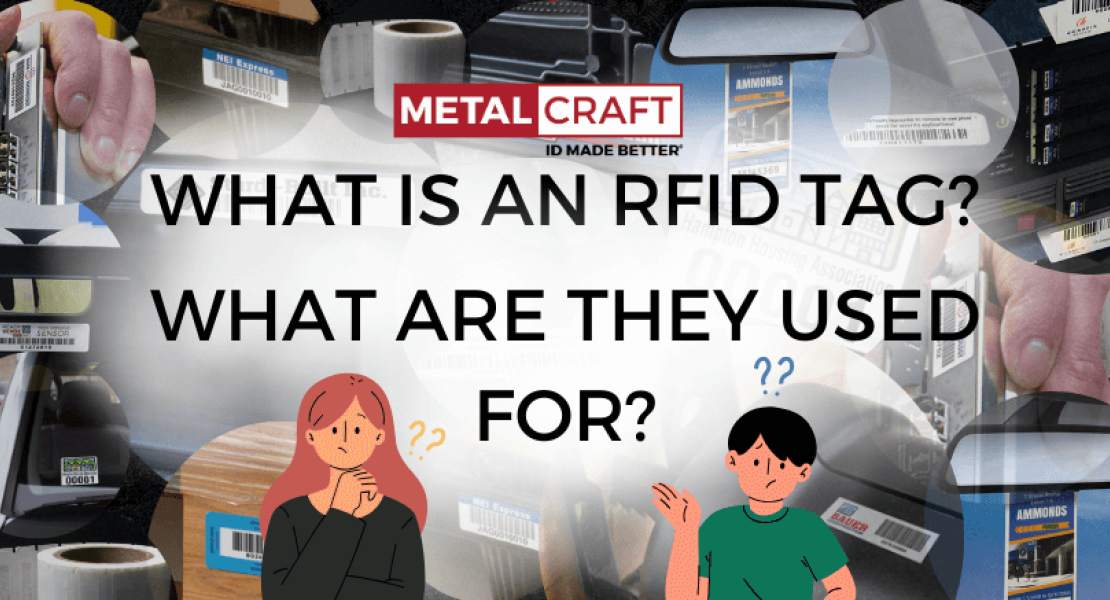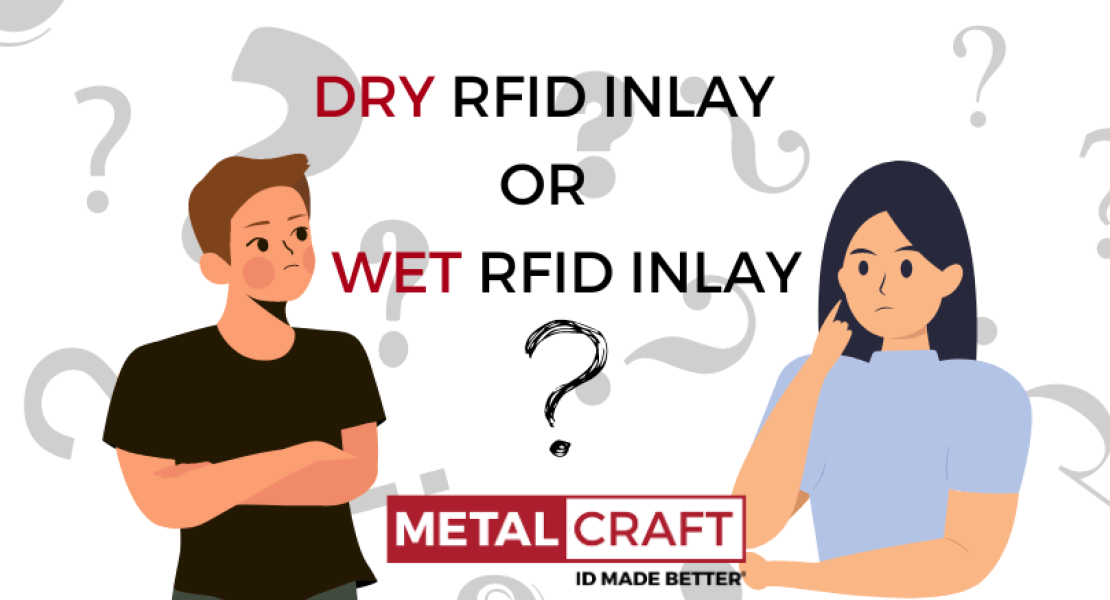The choice of asset tracking technology depends on various factors, including the nature of the assets being tracked, the environment in which they operate, budget constraints, and specific tracking requirements. Here are some common asset tracking technologies and their key features.
Asset Tracking Technology - RFID (Radio Frequency Identification)
RFID uses radio waves to identify and track assets equipped with RFID tags. It is commonly used in warehouses, supply chain management and inventory tracking. RFID is cost effective and can be used for both indoor and outdoor asset tracking.

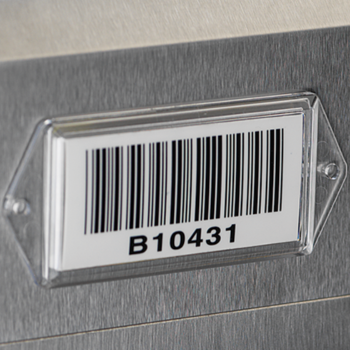
QR Codes and Barcodes
QR codes and barcodes are cost-effective asset tracking solutions that are widely used in various industries. They can be scanned using smartphones or barcode scanners to retrieve information about the asset. QR codes offer higher data capacity than traditional barcodes.
NFC (Near Field Communication)
NFC is similar to RFID but operates at a shorter read range. It is commonly used for contactless payments, but can also be used for asset tracking, especially for small items or access control applications.
Advantages of RFID
Some of the key advantages of RFID include:
- Improved efficiency - RFID enables quick and automated data capture without the need for direct line-of-sight scanning. This speeds up the process, reduces manual intervention and increases overall operational efficiency.
- Real-time tracking - RFID provides real-time data, allowing businesses to monitor and track assets, inventory or people in real-time. This enhances visibility and enables better decision making on up-to-date information.
- Increased accuracy - RFID systems offer higher accuracy rates compared to manual data entry or barcode scanning. The technology reduces human error, leading to more reliable data for inventory management and asset tracking.
- High data capacity - RFID tags can store more data compared to traditional barcodes, allowing for additional information to be stored on each item. This feature can be especially useful in managing complex supply chains or tracking assets with extensive metadata.
- Simultaneous reading - RFID systems can read multiple tags simultaneously within a short period. This batch reading capability is beneficial in scenarios where numerous items need to be tracked and counted at once, improving process efficiency.
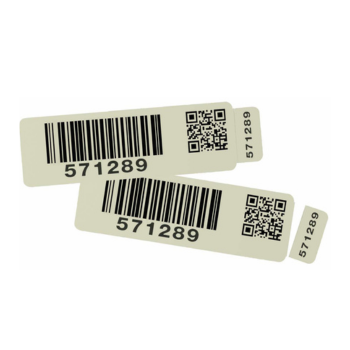 Advantages of QR Codes
Advantages of QR Codes
Some of the key advantages of QR codes include:
- Quick and easy data access - QR codes can be scanned quickly and easily using a smartphone or a dedicated QR code scanner.
- High data capacity - QR codes can store significant amounts of data compared to traditional barcodes.
- Versatility - QR codes can be used for a wide variety of applications, including marketing and advertising, inventory management, event registration, access control and more.
- High error correction - QR codes incorporate error correction capabilities, which allow them to be scanned accurately even if they are partially damaged or distorted. This ensures data integrity and improves overall readability.
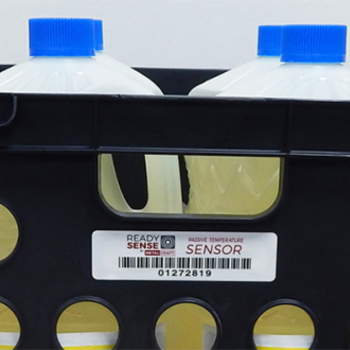 Advantages of Barcodes
Advantages of Barcodes
Some of the key advantages of barcodes include:
- Cost-effectiveness - Barcodes are cost-effective to implement and print. They require minimal investment in equipment and can be easily integrated into existing systems.
- Increased efficiency - Barcode scanning is much faster than manual data entry. This leads to increased productivity and reduced human errors, especially in tasks like inventory management.
- Improved accuracy - Barcodes provide an accurate data capture, as they rely on machine scanning rather than manual data input, minimizing the risk of human errors.
- Versatility - Barcodes can be printed on various surfaces, including product packaging, labels and documents, making them suitable for a wide range of applications.
- Longevity - Barcode technology has proven to be reliable and enduring over the years, with millions of products using barcodes for identifications and tracking.
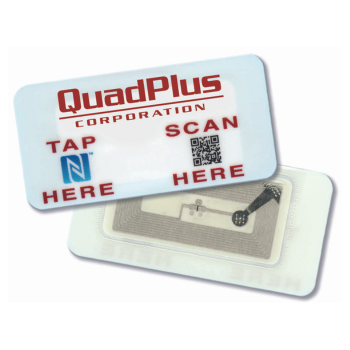 Advantages of NFC
Advantages of NFC
Some of the key advantages of NFC include:
- Contactless interaction - NFC enables quick and seamless contactless interactions between devices. This feature is particularly useful for applications like mobile payments, access control, and ticketing, where speed and convenience are essential.
- Easy setup - NFC connections can be established by simply bringing two NFC-enabled devices close to each other. This plug-and-play nature eliminates the need for complex setup processes, making it user-friendly for consumers and businesses.
- Secure data transfer - NFC technology incorporates encryption and authentication mechanisms, providing a higher level of security during data transfer. This makes it suitable for secure transactions like mobile payments and access control systems.
- Versatility - NFC can be used for a wide range of applications, including mobile payments, public transportation ticketing, contactless access control, data transfer between devices, loyalty programs, and interactive marketing campaigns.
- Personalization and customization - NFC technology allows for personalization and customization in various applications. For example, businesses can use NFC tags to provide personalized experiences to customers or clients.
When choosing an asset tracking technology, consider the specific needs of your organization, the level of accuracy required, the range of tracking, data security, maintenance costs, and the scalability of the solution. A combination of different technologies may also be used for comprehensive asset tracking, depending on the complexity and scale of your tracking requirements.
For more information on asset tracking technologies or to retrieve a free consultation, please contact Metalcraft at 800-437-5283 or [email protected].
 | About the Author: Marianne AlvaradoMarianne Alvarado is our Vice President of Sales. Alvarado joined Metalcraft in March of 2000 as a Territory Specialist, became Sales Manager in January 2022 and was named Vice President of Sales during August of 2023. She leads both the Outside and Inside Sales teams. Marianne lives in Davenport with her husband, Dave Beeman. Mobile Phone: 641-529-9492 Email: [email protected] Office: 3360 9th St. SW, Mason City, IA 50401 Office Phone: 641-423-9460 |


